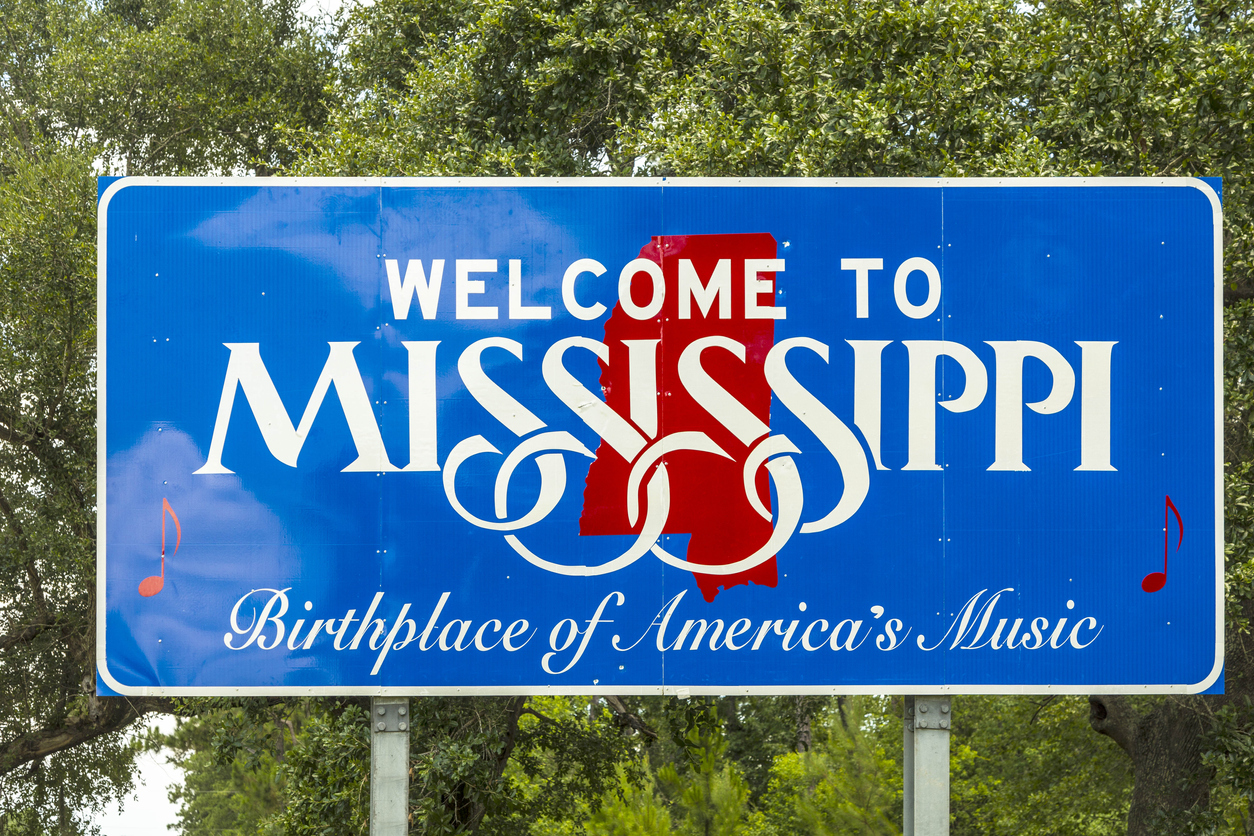“Can I recover my attorney’s fees?” This is a practical question that might come to the minds of insureds when trying to recover their insurance proceeds following a disaster. In Mississippi, the answer to that question depends entirely on the circumstances of the case at hand.
Mississippi historically and currently has very limited routes to recovering attorney’s fees in a lawsuit.1 Regarding awarding attorney’s fees, Mississippi follows the rule that in the absence of a contractual or statutory provision, attorneys’ fees may not be awarded unless punitive damages are also proper.2 The Mississippi Supreme Court has further elaborated that when there is statutory authorization for granting reasonable attorney’s fees “ . . . a contingency fee agreement does not control the court’s exercise of discretion but should be used by the court as a guide in determining reasonable attorneys’ fees.”3
Over the years, there have been multiple statutes enacted by the Mississippi Legislature that authorize legal expenses and fees. See, e.g., Miss. Code Ann. § 11-31-2(3)(c) (Supp.1984) (attorney’s fees recoverable against party who brings attachment in bad faith); § 11-53-81 (Supp.1980) (attorney’s fees recoverable in suit on an open account); § 75-9-504(1)(a) (1972) (attorney’s fees recoverable by secured party disposing of collateral after default); § 75-9-506 (1972) (attorney’s fees must be paid to secured party if debtor redeems collateral); § 75-24-15(2) (Supp.1985) (attorney’s fees recoverable against violator of Consumer Protection chapter); § 75-71-717 (Supp.1985) (attorney’s fees recoverable by party who purchased illegal or fraudulent security); § 83-21-51 (1972) (attorney’s fees recoverable against foreign insurance company for bad faith).
One such statutory provision that gives courts the authority to grant attorney’s fees is § 83-21-51. It states:
In any action against an unauthorized foreign or alien insurer upon a contract of insurance issued or delivered in this state to a resident thereof or to a corporation authorized to do business therein, if the insurer has failed for thirty (30) days after demand prior to the commencement of the action to make payment in accordance with the terms of the contract, and it appears to the court that such refusal was vexatious and without reasonable cause, the court may allow to the plaintiff a reasonable attorney fee and include such fee in any judgment that may be rendered in such action. Such fee shall not exceed twenty-five per cent (25%) of the amount which the court or jury finds that the plaintiff is entitled to recover against the insurer, but in no event shall such fee be less than twenty-five dollars ($25.00). Failure of an insurer to defend any such action shall be deemed prima facie evidence that its failure to make payment was vexatious and without reasonable cause.4
For a plaintiff to be granted reasonable attorney’s fees under § 83-21-51 the insurer in question must be an “unauthorized foreign or alien insurer.”5 In National Security Fire & Casualty Company v. Mid-State Homes, attorney’s fees were awarded properly under the statute because the insurer was not authorized to do business in Mississippi.6 Further, the insurer must have failed to pay on the contract for thirty (30) days “after demand prior to the commencement of the action.”7 The refusal by the insurer must also be “vexatious and without reasonable cause.”8 In American Southwest Corp. v. Underwriters at Lloyds, London, the plaintiff could not prove that defendant’s refusal to pay on the contracts was “vexatious and without reasonable cause.”9 In this case, after examining the facts the court decided that the plaintiff was not entitled to attorney’s fees.10 Section 83-21-51 is just one statutory provision under which attorney’s fees may be recoverable.11
The reasoning behind Mississippi not following a different fees rule, such as one where the loser pays the fees, is that some suggest that such a rule would discourage court access and justice.12 While there are currently limited circumstances in Mississippi for being awarded attorney’s fees, former Mississippi Supreme Court Justice Robertson once remarked that the progress in privately made law and statutory law allowing for the recovery of attorney’s fees is the legislature’s way of signaling that “the common law and case law are ‘lagging behind.’”13
Only time will tell if Mississippi case law and common law will catch up with the existing privately made and statutory law, but for now it is important for insureds to understand the circumstances in which attorney’s fees may be available in a bad faith lawsuit.
__________________________________________________________________
1 Michael D. Herrin, The Availability of Extracontractual Damages for Emotional Distress and Attorney’s Fees in Bad Faith Breach of Insurance Contract Cases, 59 Miss. L.J. 537 (1989).
2 American Rule, 1 Encyclopedia Miss. Law § 8:2 (2d ed.) (West).
3 McCain v. Memphis Hardwood Flooring Co., 725 So. 2d 788 (Miss. 1998) (overruled on other grounds by, Stockstill v. Gammill, 943 So. 2d 35 (Miss. 2006)).
4 Miss. Code Ann. § 83-21-51 (West).
5 Id.
6 Nat’l Sec. Fire & Cas. Co. v. Mid-State Homes, Inc., 370 So. 2d 1351, 1352 (Miss. 1979).
7 Miss. Code Ann. § 83-21-51 (West).
8 Id.
9 Am. Sw. Corp. v. Underwriters at Lloyds, London, 333 F. Supp. 1333, 1344 (S.D. Miss. 1971).
10 Id.
11 See Miss. Code Ann. § 83-21-51 (West).
12 Jonathan Masters, Do I Get My Attorney’s Fees Back? Holcomb Dunbar, https://www.holcombdunbar.com/get-attorneys-fees-back/ (last visited Sept. 7, 2021).
13 Michael D. Herrin, The Availability of Extracontractual Damages for Emotional Distress and Attorney’s Fees in Bad Faith Breach of Insurance Contract Cases, 59 Miss. L.J. 537, 548 (1989).




